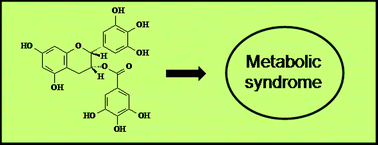We assess the evidence for health benefits of three commonly consumed plant food supplements (PFS), green tea, isoflavone and aloe vera, based on published systematic reviews of randomised controlled trials (RCTs). Whilst the potential benefits of green tea have been reported in a wide range of health areas, it is only in the area of the metabolic syndrome that the number of RCTs is approaching sufficient to judge such efficacy. Isoflavone supplements are widely used, and RCTs indicate that they affect bone resorption at lower doses in postmenopausal women undergoing estrogen-related bone loss, but this is only translated to attenuation of bone loss at higher doses of isoflavones. A systematic review on RCTs concluded that the effects of isoflavones on hot flashes in postmenopausal women were highly variable and no conclusions could be drawn. Despite the popularity of aloe vera as a PFS, the evaluation of its efficacy as a coadjuvant therapy for certain metabolic or digestive pathologies remains scarce; it constitutes a typical example of a naturally occurring ingredient whose efficacy in topical applications presupposes its efficacy in systemic applications. Nevertheless, its possible toxic effects on oral consumption call for caution in its utility as a PFS. Since 2007, efficacy evaluation of PFS in Europe has been covered by European Union Nutrition and Health Claims legislation. The European Food Safety Authority has adopted an approach relying on RCTs, while medicinal effects are accepted based on traditional use. In general, there are insufficient RCTs for claims to be made, and conclusive results on PFS should be obtained in the future by conducting studies with more homogeneous populations, by using supplements with optimised and measured bioavailability, and by conducting larger RCTs.

You have access to this article
 Please wait while we load your content...
Something went wrong. Try again?
Please wait while we load your content...
Something went wrong. Try again?


 Please wait while we load your content...
Please wait while we load your content...